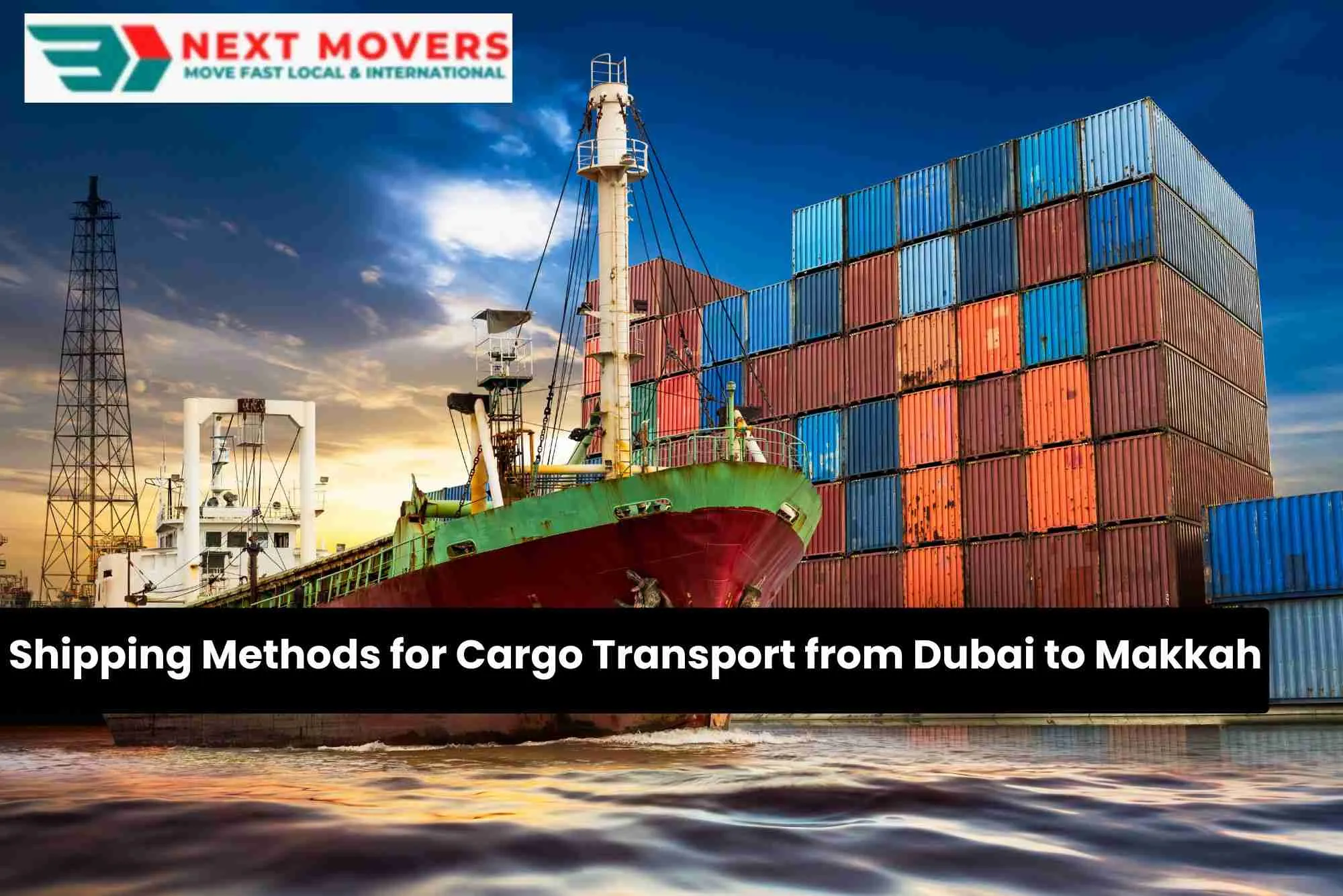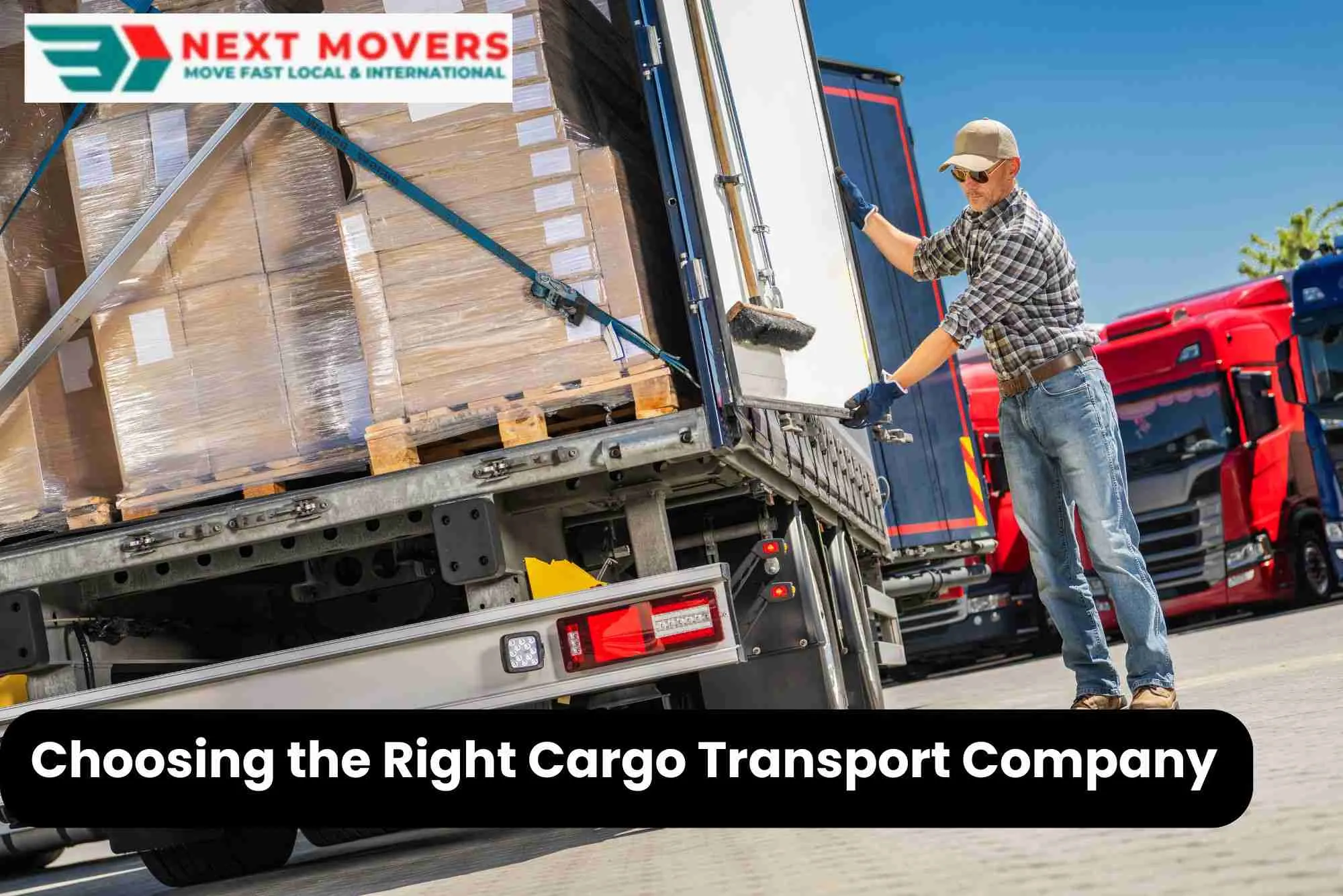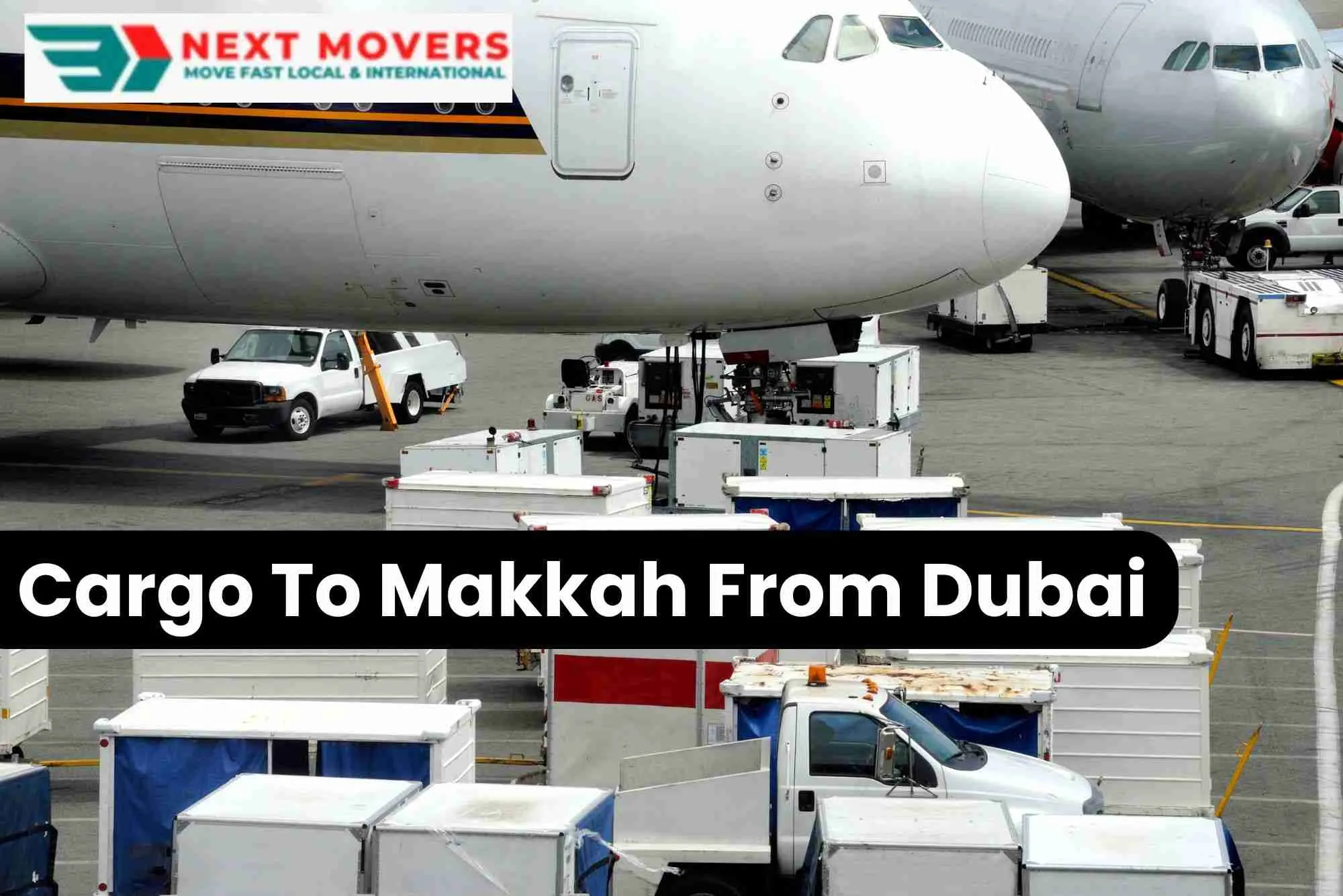Cost-Effective Cargo Transport from Dubai to Makkah
Transporting cargo from Dubai to Makkah efficiently and affordably is crucial for businesses and individuals. Whether you need to move commercial goods, personal belongings, or specialized items, selecting the right transportation method ensures timely and cost-effective delivery. This guide explores various shipping options, cost factors, and practical tips for seamless cargo transport.
Why Cargo Transport from Dubai to Makkah is Important
Dubai and Makkah share strong trade and personal travel connections. Makkah, being a religious and economic hub, requires a steady supply of goods, from construction materials and food products to personal shipments. The high volume of goods transported necessitates cost-effective logistics solutions to maintain profitability and efficiency.
Key Benefits of Efficient Cargo Transport
- Timely Deliveries: Ensures products reach their destination as planned.
- Cost Savings: Reduces overhead expenses for businesses.
- Reliability: Avoids delays due to customs or regulatory issues.
- Security: Ensures goods arrive in proper condition.
Shipping Methods for Cargo Transport from Dubai to Makkah

There are several shipping methods available for transporting cargo between Dubai and Makkah, each with its advantages and considerations.
1. Road Freight
Road freight is the most commonly used method for cargo transport from Dubai to Makkah due to its flexibility and affordability.
Advantages of Road Freight
- Cost-Effective: More affordable than air freight and faster than sea freight.
- Door-to-Door Service: Minimizes handling and reduces transit time.
- Large Capacity: Can accommodate various types of cargo, including heavy machinery and bulk shipments.
Challenges of Road Freight
- Customs Clearance: Requires detailed documentation.
- Traffic and Road Conditions: May affect delivery times.
- Transit Time: Typically takes 4 to 5 days, depending on border clearance.
Key Road Freight Service Providers
- Al Weam Cargo: Offers door-to-door delivery and customs assistance.
- Burhani Oasis Shipping LLC: Specializes in full truckload (FTL) and less-than-truckload (LTL) services.
2. Air Freight
For time-sensitive shipments, air freight is the fastest transportation option.
Advantages of Air Freight
- Speed: Ideal for urgent deliveries, typically within 1 to 2 days.
- Security: Reduced risk of damage or theft due to strict airport regulations.
- Real-Time Tracking: Allows businesses to monitor shipments.
Challenges of Air Freight
- High Costs: More expensive than road and sea freight.
- Weight and Size Restrictions: Limited by airline regulations.
Key Air Freight Service Providers
- Saif Cargo: Specializes in fast air freight with real-time tracking and customs support.
3. Sea Freight
Sea freight is a cost-effective solution for bulk shipments that are not time-sensitive.
Advantages of Sea Freight
- Lower Costs: More economical for large shipments.
- High Capacity: Can accommodate oversized cargo.
- Environmental Benefits: Lower carbon footprint compared to air freight.
Challenges of Sea Freight
- Longer Transit Time: Typically takes 5 to 7 days.
- Scheduling Constraints: Dependent on shipping schedules.
Key Sea Freight Service Providers
- Mega Al Sahar: Offers multiple container options and door-to-door services.
Factors Influencing Cargo Transport Costs
Understanding cost factors can help businesses and individuals budget efficiently.
1. Distance and Route
Longer distances increase fuel consumption and shipping time, affecting the overall cost.
2. Cargo Size and Weight
Larger and heavier shipments require more space and resources, leading to higher transportation costs.
3. Type of Goods
- Perishable Goods: Require refrigeration and faster shipping, increasing costs.
- Hazardous Materials: Need special handling and regulatory compliance, adding to expenses.
- High-Value Items: Require additional security and insurance coverage.
4. Customs Duties and Taxes
Import and export duties vary based on cargo type and declared value. Having the right documentation prevents unexpected costs.
5. Insurance
Insurance protects cargo from damage, loss, or theft. While it adds to shipping costs, it provides peace of mind and financial security.
How to Reduce Cargo Transport Costs
Reducing transportation expenses without compromising quality is essential for businesses. Here are practical strategies:
1. Plan Shipments in Advance
Booking in advance allows for better scheduling and reduced costs.
2. Consolidate Shipments
Combining multiple shipments reduces per-unit shipping costs.
3. Compare Different Shipping Methods
Evaluating road, air, and sea freight options helps find the most cost-effective solution.
4. Partner with Reputable Logistics Providers
Choosing experienced cargo companies ensures reliability and cost efficiency.
5. Understand Customs Regulations
Proper documentation prevents delays and penalties.
6. Use Technology for Tracking
Real-time tracking helps optimize logistics and prevent unnecessary delays.
Choosing the Right Cargo Transport Company

Selecting a reliable cargo transport company ensures timely and cost-effective delivery. Consider the following factors:
1. Experience and Reputation
Look for a company with a proven track record in Dubai-Makkah cargo transport.
2. Range of Services
Ensure they offer services like customs clearance, packaging, and real-time tracking.
3. Competitive Pricing
Compare rates to find cost-effective solutions.
4. Customer Support
A responsive support team ensures smooth handling of shipments.
Cargo Transport Challenges and How to Overcome Them
Cargo transport from Dubai to Makkah comes with certain challenges. Here’s how to tackle them:
1. Border Clearance Delays
- Solution: Work with a logistics provider experienced in Saudi customs regulations.
2. High Shipping Costs
- Solution: Optimize packaging, consolidate shipments, and negotiate bulk rates.
3. Risk of Damage or Loss
- Solution: Use high-quality packaging and opt for cargo insurance.
4. Unpredictable Delivery Schedules
- Solution: Choose reputable providers and track shipments in real-time.
Future Trends in Dubai-Makkah Cargo Transport
The logistics industry is evolving, with new trends shaping cargo transport.
1. Digitalization in Logistics
Real-time tracking and automated documentation improve efficiency.
2. Green Logistics
Eco-friendly transportation methods are gaining traction.
3. Blockchain Technology
Enhances security and transparency in supply chain management.
4. Drone and Autonomous Vehicles
Future innovations could reduce delivery times and costs.
Conclusion
Cargo transport from Dubai to Makkah can be cost-effective with proper planning and the right logistics partner. Whether opting for road, air, or sea freight, understanding cost factors and shipping methods ensures a seamless experience. By choosing reputable service providers and leveraging modern logistics solutions, businesses and individuals can enjoy reliable and affordable cargo transport.




